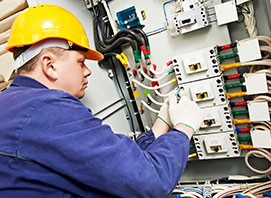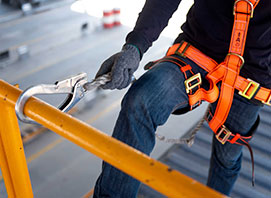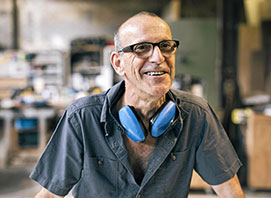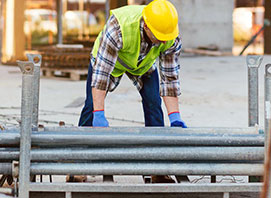Businesses all over the UK are in the dark about Sudden Cardiac Arrest (SCA). There’s confusion around regulation, responsibility, and the severity of the problem. More often than not, management is unaware of how quickly you must act and the consequences of failing to do so.

Recent years have seen heightened public awareness around how businesses protect staff and customers. SCA can strike at any time – are you prepared?
Modern defibrillators are inexpensive, simple to operate, and safe for users.

When it comes to SCAs certain industry conditions also increase the likelihood of one occurring. These include:

Working with high-voltage equipment

Working at height

An ageing workforce

Areas where physical exertion or exercise occurs regularly
A sudden cardiac arrest could strike at any time with lethal consequences. It’s critical for site managers and members of staff with responsibility for duty of care to install a defibrillator on-site. By installing this device, you increase the chance of a member of staff surviving should the worst occur.